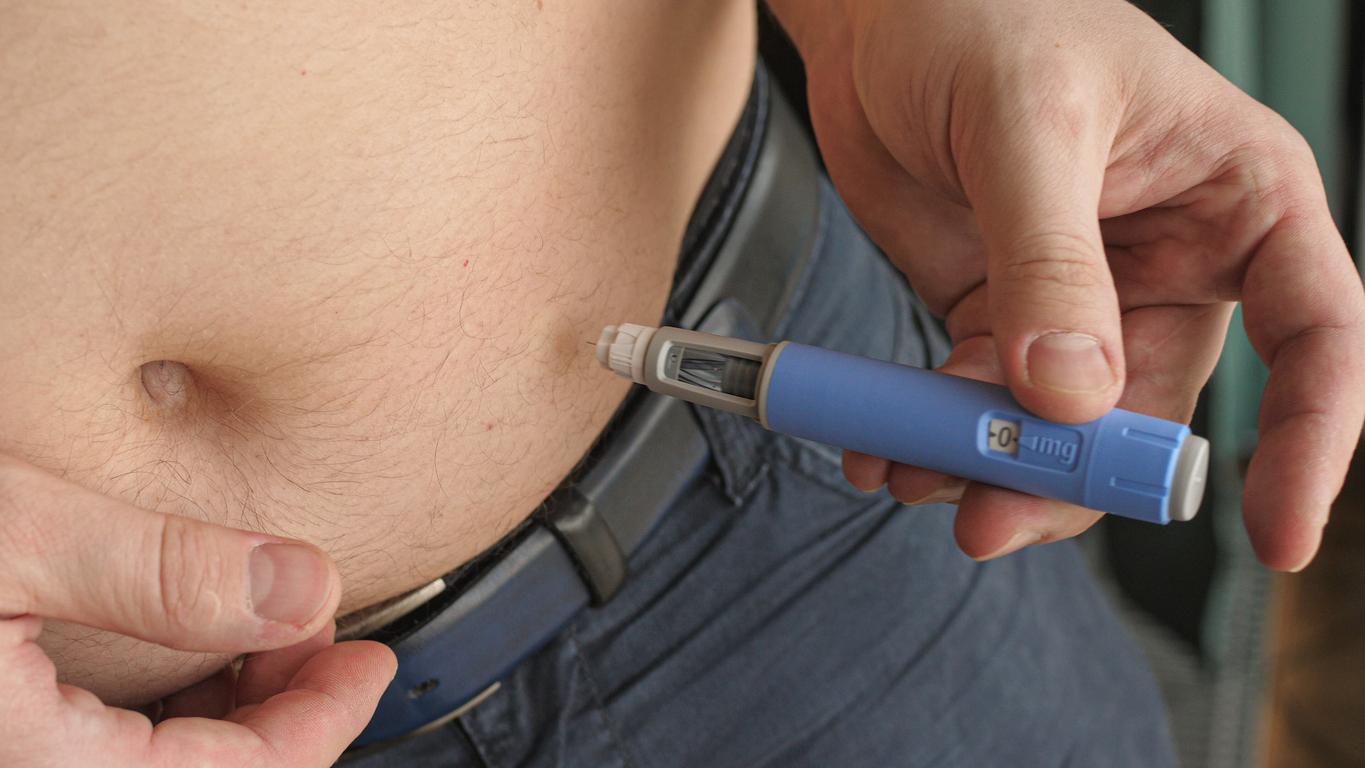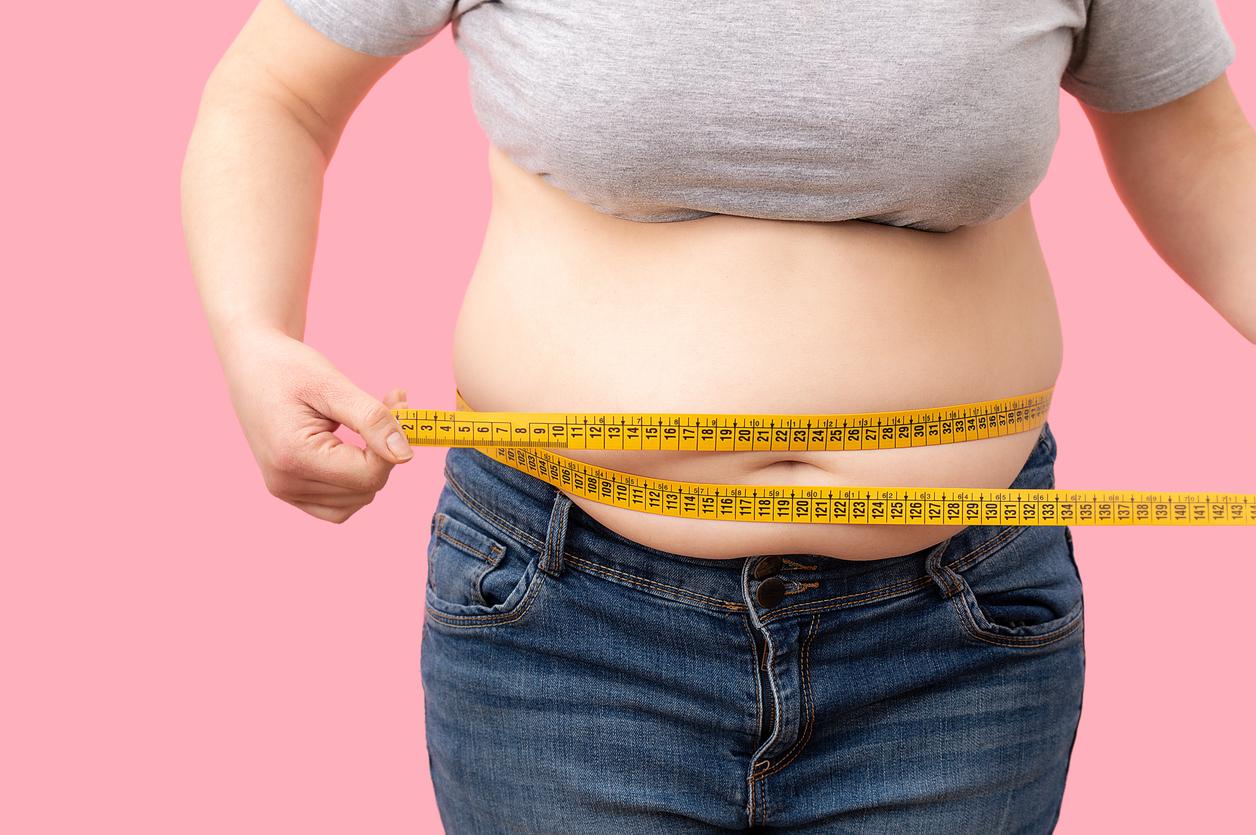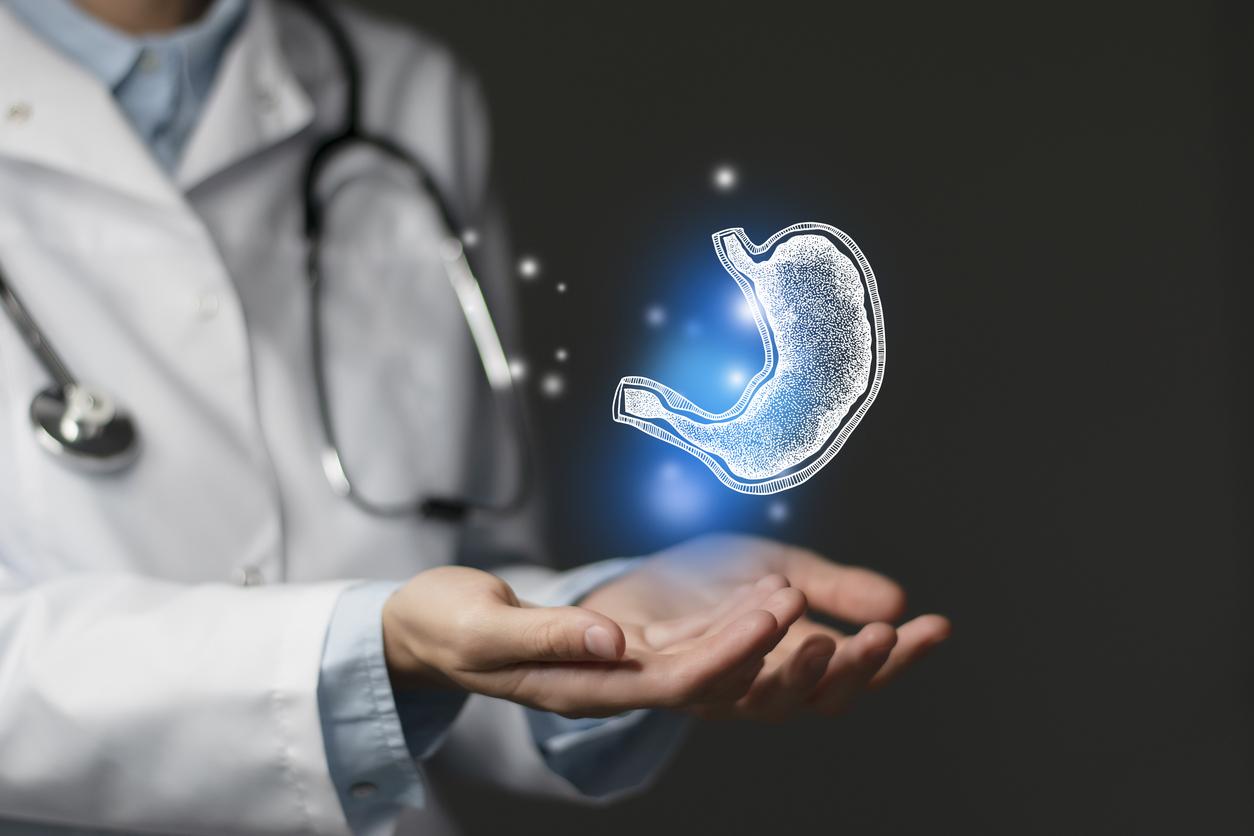In its weekly epidemiological bulletin of October 22, the Institute for Public Health Surveillance (INVS) looked at the prevalence ofobesityand thinness among the elderly in France. She finds that frequency of obesity and thinness among this population is accompanied by an increased risk of loss of autonomy.
A loss of autonomy is defined by the difficulty or the impossibility to carry out an essential or domestic activity such as washing, dressing and undressing, eating and drinking, using the toilet, getting out of bed, shopping, prepare meals, do housework, take medication, get around, get out of your home, etc.
Obese women more affected by loss of autonomy
The analyzes focused on a cohort of 4,296 people aged 75 and over. On average, nearly 15% of the panel was considered lean, that is to say with a BMI less than 21. Women were more concerned than men (19.6% against 7.6% for men). The prevalence of obesity (BMI greater than or equal to 30) averaged 14.6%.
The study shows that thin men increase their risk of loss of autonomy. In women, it is rather obesity or overweight that increases the risk.
The INVS explains this stronger link between obesity and loss of autonomy in women by “a higher risk, in the event of overweight, of developing an osteoarthritis or joint disorders “and also by the fact that women have more body fat than men. Another possible avenue, women could” over-report activity restrictions “compared to men.
These observations underline the importance of promoting physical activity, a balanced diet in the elderly for healthy aging.
Read also :
Calculate your ideal weight


















